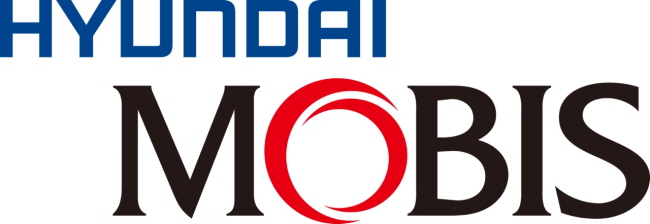
Hyundai Mobis announced on the 26th that it recorded a revenue of 14.6553 trillion won, operating profit of 636.1 billion won, and net profit of 997.7 billion won in the second quarter of this year. Compared to the same period last year, revenue and operating profit decreased by 6.6% and 4.2%, respectively, while net profit increased by 7.0%.
The decline in production from automotive customers supplying electrified parts and the stagnation of the eco-friendly vehicle market, including the electric vehicle “chasm,” are interpreted as factors affecting sales and operating profit.
By business segment, the modular and core parts sector recorded revenue of 11.6909 trillion won in Q2, a decrease of 10% compared to the same period last year. In contrast, the A/S (after-sales) division achieved a 9.9% increase, reaching 2.9644 trillion won.
The modular and core parts business has reflected the impact of a recent decrease in electric vehicle production in the global automotive industry, while the A/S business benefited from continued strong global demand, according to the company.
A representative from Hyundai Mobis stated, “Although there is a temporary increase in fixed cost burdens due to the decline in electric vehicle production, sales in high-value-added parts manufacturing fields such as vehicle electronics are showing remarkable growth. We will strategically secure future growth drivers by increasing parts supply for hybrid vehicles, expanding the supply mix of eco-friendly vehicle parts, and increasing the supply of high-value-added core parts while responding to market conditions.”
Meanwhile, Hyundai Mobis achieved an order performance of 2.32 billion dollars from global customers in the first half of this year, which is approximately 25% of its annual order goal of 9.34 billion dollars. Despite some delays in electrification projects due to the electric vehicle chasm, the company is aggressively pursuing additional orders for core parts like vehicle infotainment systems and lamps from OEMs in North America and Asia. The company plans to continue aggressive sales activities to meet its年度目标, particularly in the second half of the year when major order plans focus.
In order to expand the sales of core parts, Hyundai Mobis is concentrating its R&D investments on the advancement of integrated controllers that can respond to future mobility represented by SDV (software-defined vehicles). As a result, the proportion of electronic components in core parts sales has exceeded half since last year. Expectations are high for future increases in orders and sales centered around high-value-added electronic parts.
Lee Sang-jin daedusj@autodiary.kr

